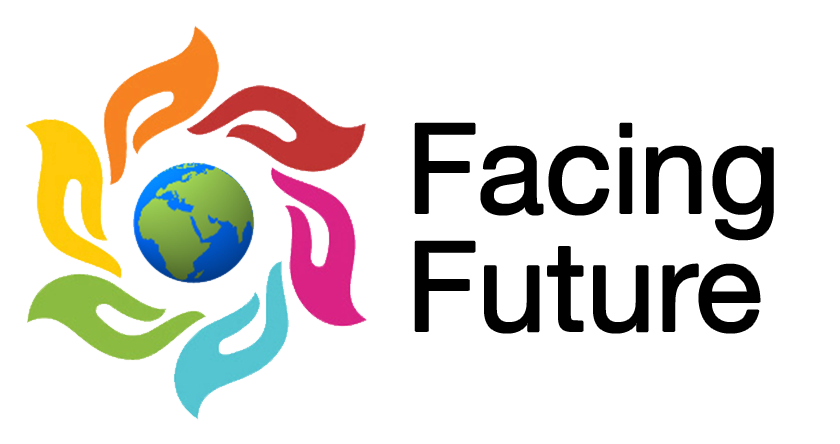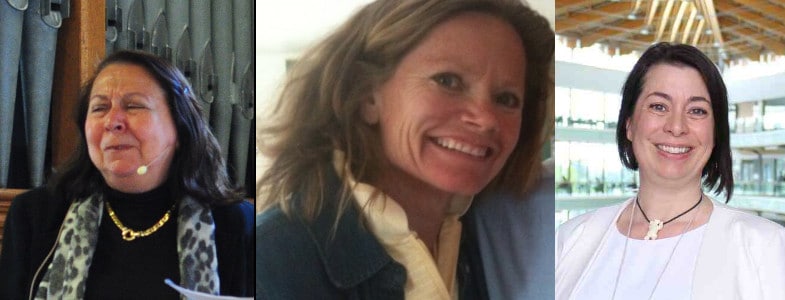
Media Advisory For Immediate Release The Power of Polar Education
Maria Pia, Suniva and Shelly
When:
Description: A change in the polar ice was first noticed in the Arctic back in the 1980s. With the Arctic amplification, the region is experiencing the most extreme effects of global warming. These effects, however, don’t stop in the Arctic, but affect the whole planet, causing extreme climatic events, sea level rise and the threat of methane released from permafrost. Polar education is very important in making the public understand this connection, and a number of countries are including it in their teaching curricula. Polar Educators International (PEI) is an international network founded in 2012 after the Montreal International Polar Year conference, From Knowledge to Action. It aims to connect researchers, educators, indigenous people, policy makers, students and the general public to talk about the polar regions, and it’s dedicated to growing the global conversation into polar research, climate education, and cultural connections, according to its Mission Statement: “Connecting Polar Research, Education, and the Global Community”. It numbers more than 1000 members all over the world, all volunteers. PEI was invited to participate with educational initiatives at the 3rd Arctic Science Ministerial (Tokyo, May 2021). “Hearts in the Ice” (HITI) is the team of Sunniva Sorby and Hilde Fålun Strøm – two seasoned polar ambassadors whose aim is to take people out of climate despair and into hope and action. Over the course of 19 months from 2019-20 they lived in a hunter’s hut on Svalbard, and were able to connect with over 100,000 youth from around the world through live satellite calls. They are story tellers, bridge builders and citizen scientists here to protect what they love - the polar regions and our natural world. “Ikaarvik” (“bridge” in Inuktitut), is a programme led by Shelly Elverum which aims to incorporate Inuit traditional knowledge systems (“Qaujimajatuqangit”) into Western science, focusing on the region’s priorities and strengths, and supporting Indigenous youth to be the bridge between research and their communities, Since 2013 Ikaarvik had trained more than 750 early-career scientists in the basics of community-based research, meaningful engagement within Indigenous communities, and the utilization of Indigenous Knowledge to create a more informed basis for decision makers. Panelists:
Maria Pia Cassarini
Suniva Sorby
Shelly Elverum
Where: |